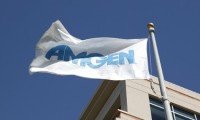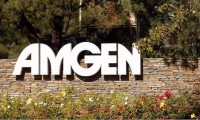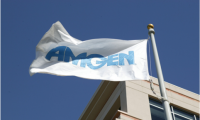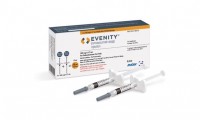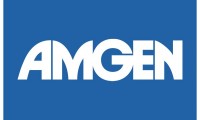-
Amgen’s Lumakras shows promise in phase 3 lung cancer study
- Source: drugdu
- 149
- June 8, 2023
-
Amgen centers cancer patients’ voices in new YouTube series
- Source: drugdu
- 111
- June 4, 2023
-
Amgen reports positive results for Otezla in psoriatic arthritis
- Source: drugdu
- 176
- June 2, 2023
-
Amgen, J&J ink patent settlement
- Source: drugdu
- 104
- May 25, 2023
-
SCOTUS hands win to Sanofi, Regeneron in long-running PCSK9 feud with Amgen
- Source: drugdu
- 120
- May 21, 2023
-
FTC sues to block Amgen’s $28B Horizon buy in alarming sign for biopharma M&A
- Source: drugdu
- 125
- May 18, 2023
-
Amgen and TScan Therapeutics partner to identify new Crohn’s disease targets
- Source: drugdu
- 148
- May 16, 2023
-
Amgen faces patent infringement claims on big-selling osteoporosis drug Evenity
- Source: drugdu
- 123
- May 3, 2023
-
Drugmakers take sides in Amgen, Regeneron fight over antibody patents
- Source: drugdu
- 169
- April 25, 2023
your submission has already been received.
OK
Subscribe
Please enter a valid Email address!
Submit
The most relevant industry news & insight will be sent to you every two weeks.



